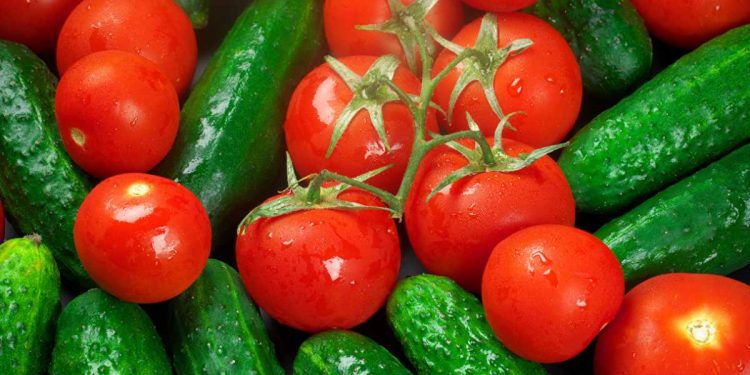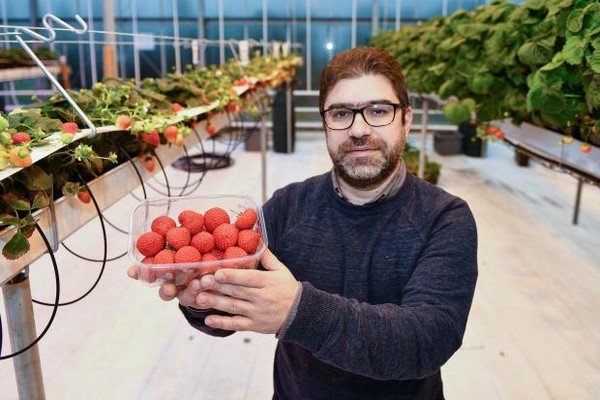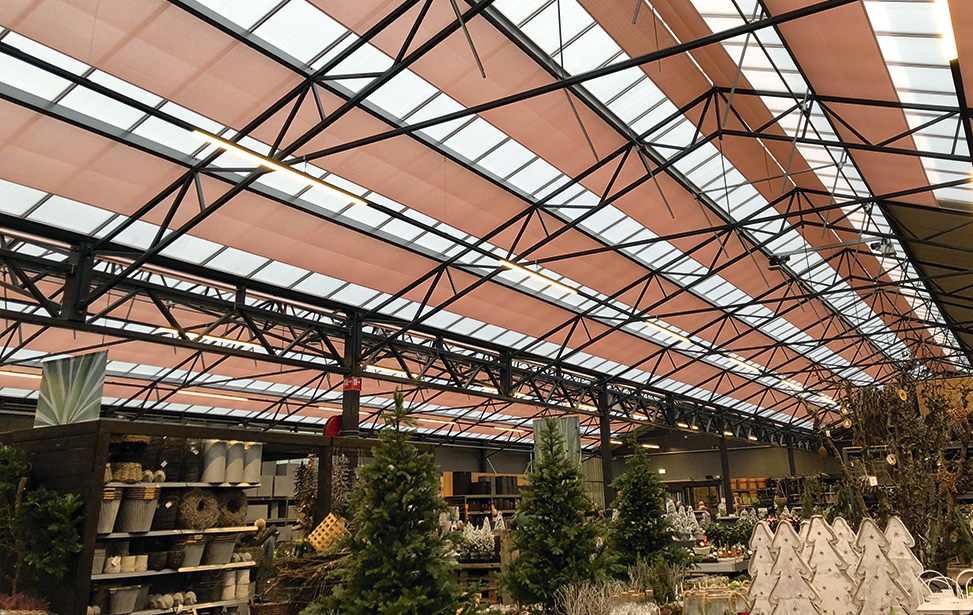#agriculture #greenhouse #vegetable production #regional development #sustainable farming
Eco-Kultura, an agroholding company, has announced its ambitious plan to construct a greenhouse complex in the Sverdlovsk region of Russia. With an investment of 20 billion rubles, the complex will cover an area of 100 hectares, including 40 hectares dedicated to modern greenhouses. The project aims to provide vegetables to the residents of the region and Siberia, addressing the increasing demand for locally grown produce. The article explores the development of the project, including the search for suitable land, negotiations with municipalities, and the expected positive consequences for regional development and sustainable farming.
Eco-Kultura’s initiative to establish a greenhouse complex in the Sverdlovsk region reflects the growing importance of sustainable agriculture and local food production. The project’s investment of 20 billion rubles demonstrates the company’s commitment to modernizing and expanding its operations. Currently, the search for an appropriate site for construction is underway, with the region’s investment promotion agency engaging in negotiations with municipalities that could potentially accommodate the project.
The complexity of building a greenhouse complex with supporting infrastructure involves various considerations. The facility requires access to essential resources such as heating, gas, electricity, and water. These requirements must be met to ensure year-round production and maintain optimal growing conditions. The preliminary plan for the project involves the construction of 40 hectares of state-of-the-art glass greenhouses with supplementary lighting. This advanced technology will enable Eco-Kultura to cultivate a wide range of tomatoes throughout the year, with an estimated annual production volume of approximately 26,000 tons.
The construction of the greenhouse complex is expected to have several positive consequences. Firstly, it will create more than 500 job opportunities, including positions for both mass personnel and highly qualified specialists in agronomy and engineering. This will contribute to local employment and skill development, benefiting the region’s economy.
Furthermore, the project aligns with the trend of import substitution, as Eco-Kultura prioritizes the use of domestic construction materials, equipment, and technologies. By promoting local production, the agroholding company aims to reduce dependence on imported resources and contribute to the development of the domestic agricultural industry.
The region will also benefit from the increased availability of fresh, locally grown vegetables. The produce from the Sverdlovsk region will be directed towards meeting the demands of customers in the Ural and Siberian regions, where there is a consistent and growing year-round demand for various tomato varieties. This localized supply chain will contribute to regional food security, reduce transportation costs, and promote sustainable farming practices.
Apart from the Sverdlovsk region, Eco-Kultura is exploring opportunities to implement similar projects in other regions, including the Omsk region. The company plans to construct a year-round greenhouse complex covering 60 hectares, with an estimated project cost of 25 billion rubles. The development of these projects in different regions signifies the company’s commitment to expanding its operations and meeting the increasing demand for locally sourced, high-quality vegetables.
Additionally, Eco-Kultura has plans to build a 20-hectare greenhouse complex in Bashkortostan. With a projected capacity of 13,000 tons of tomatoes annually, this project aims to further enhance regional vegetable production and contribute to the local economy. The Ministry of Agriculture of the Republic and the Development Corporation of Bashkortostan have identified potential sites for the complex and have initiated discussions with utility companies for energy supply connections.
Eco-Kultura’s plan to establish greenhouse complexes in various regions of Russia reflects the agricultural industry’s focus on sustainable farming practices and meeting local demands. The development of these projects will contribute to regional economic growth, job creation, and the availability of fresh, locally grown vegetables. By prioritizing domestic resources and technologies, Eco-Kultura is actively contributing to the import substitution agenda and supporting the development of the Russian agricultural sector.










